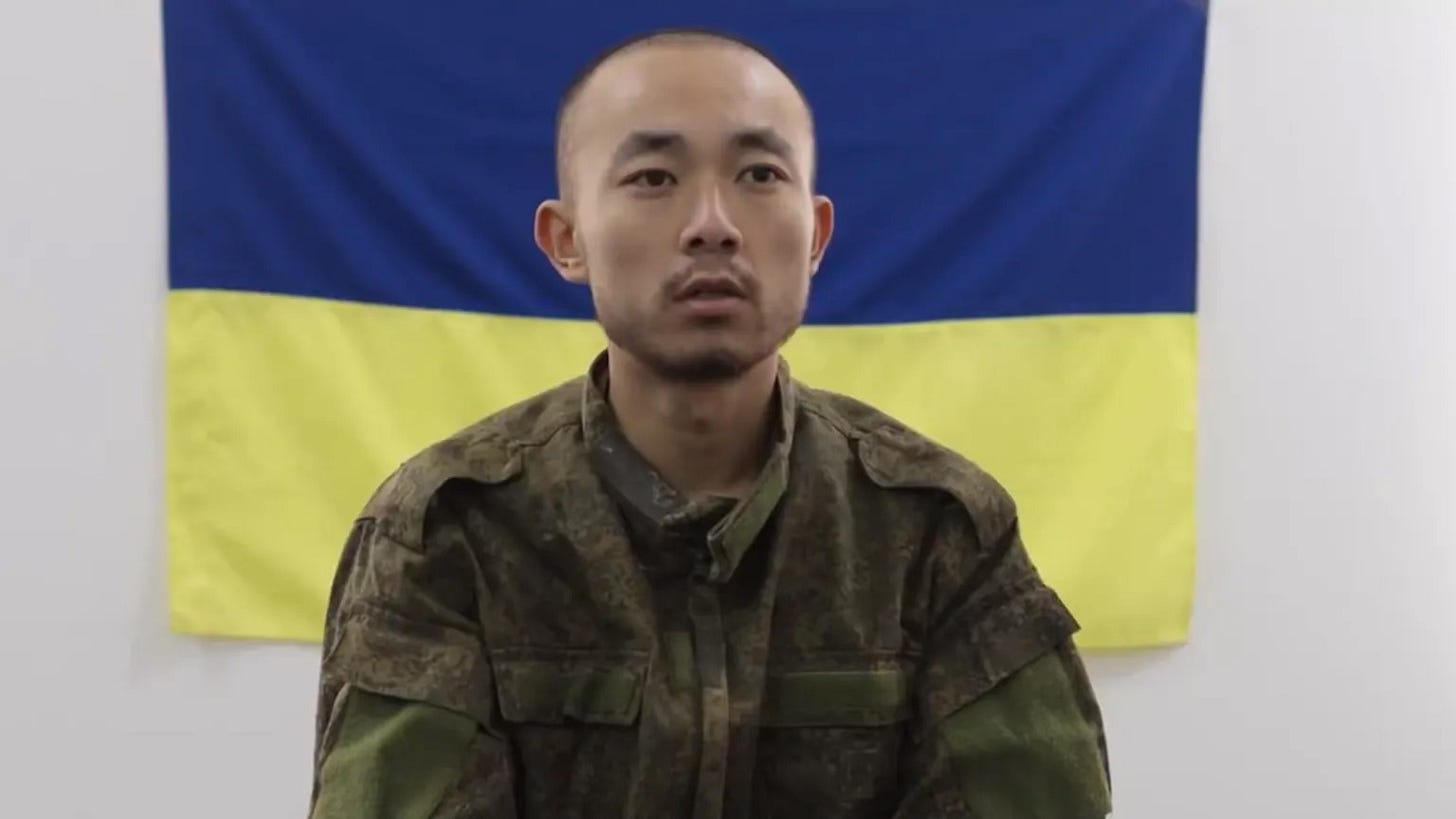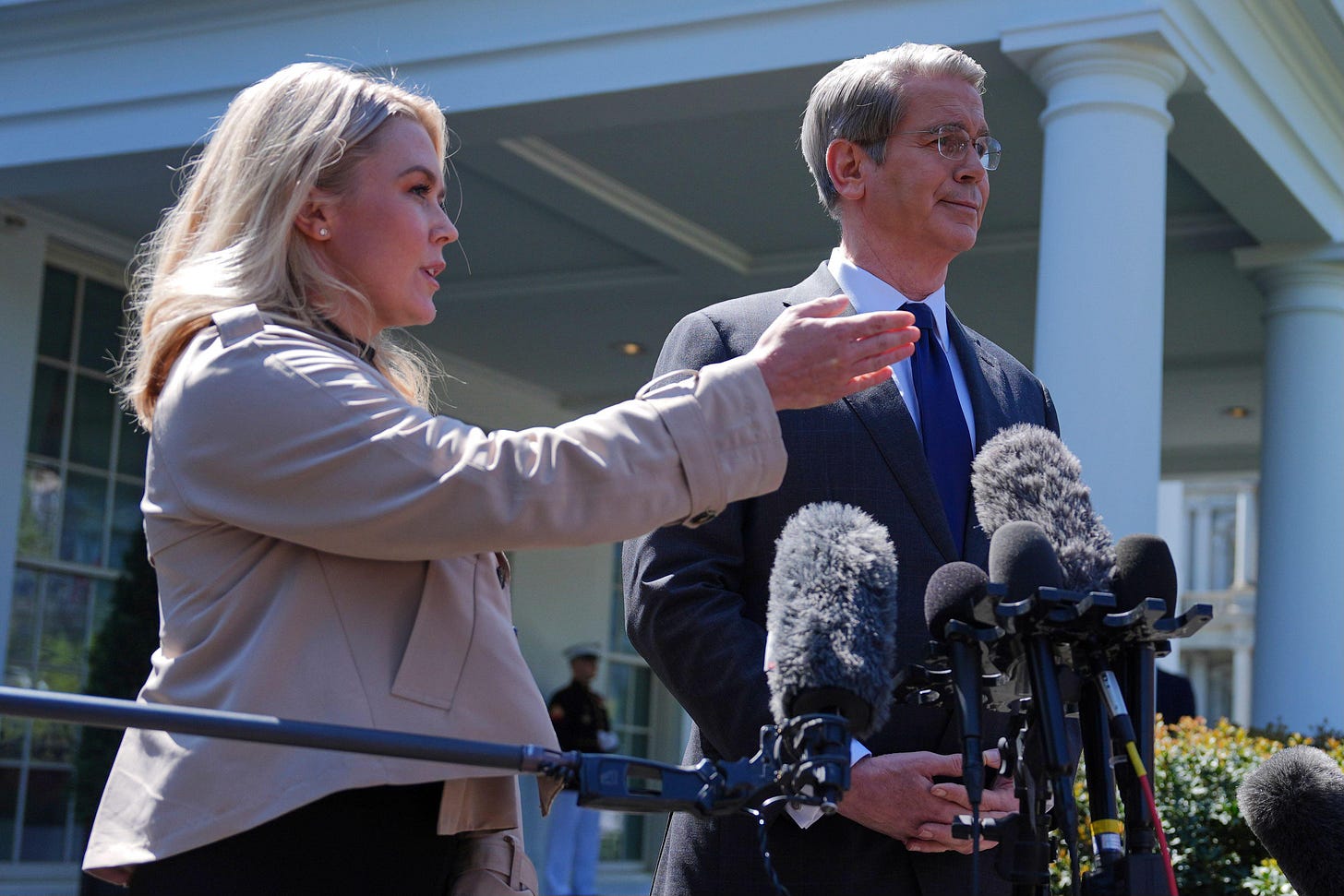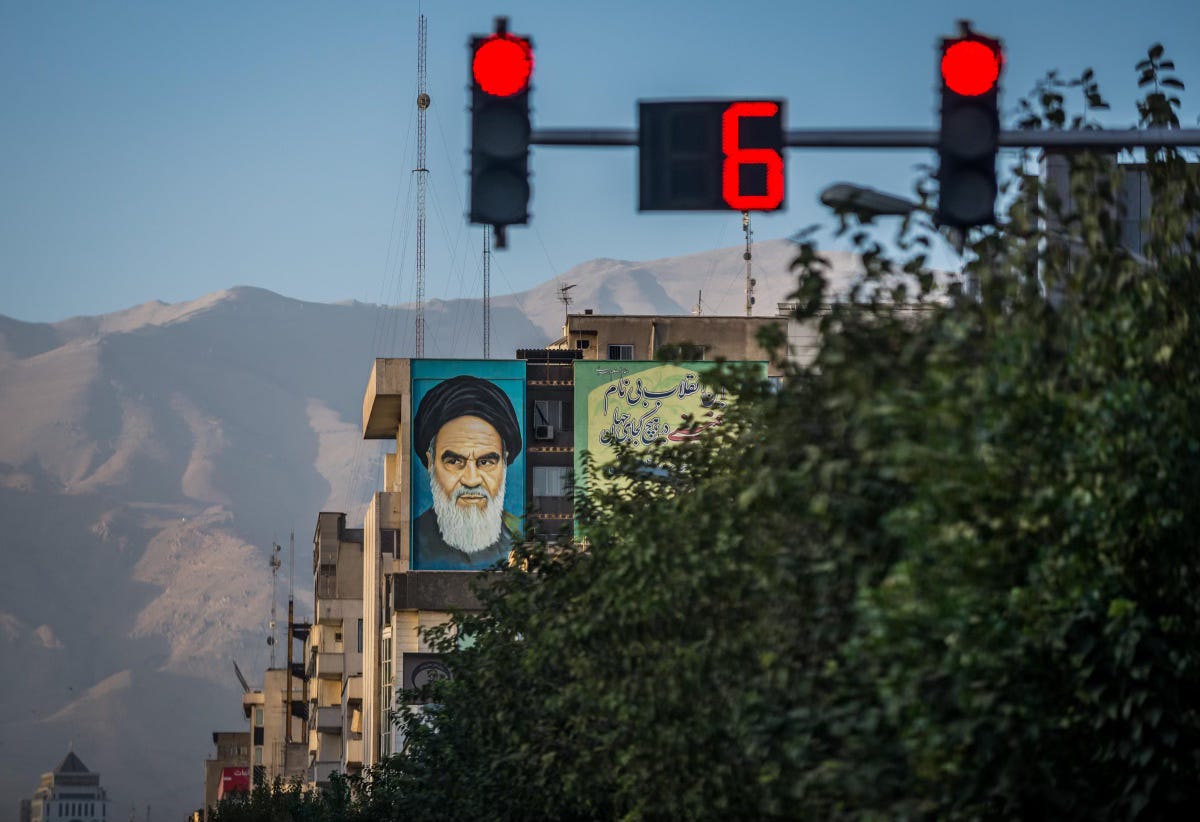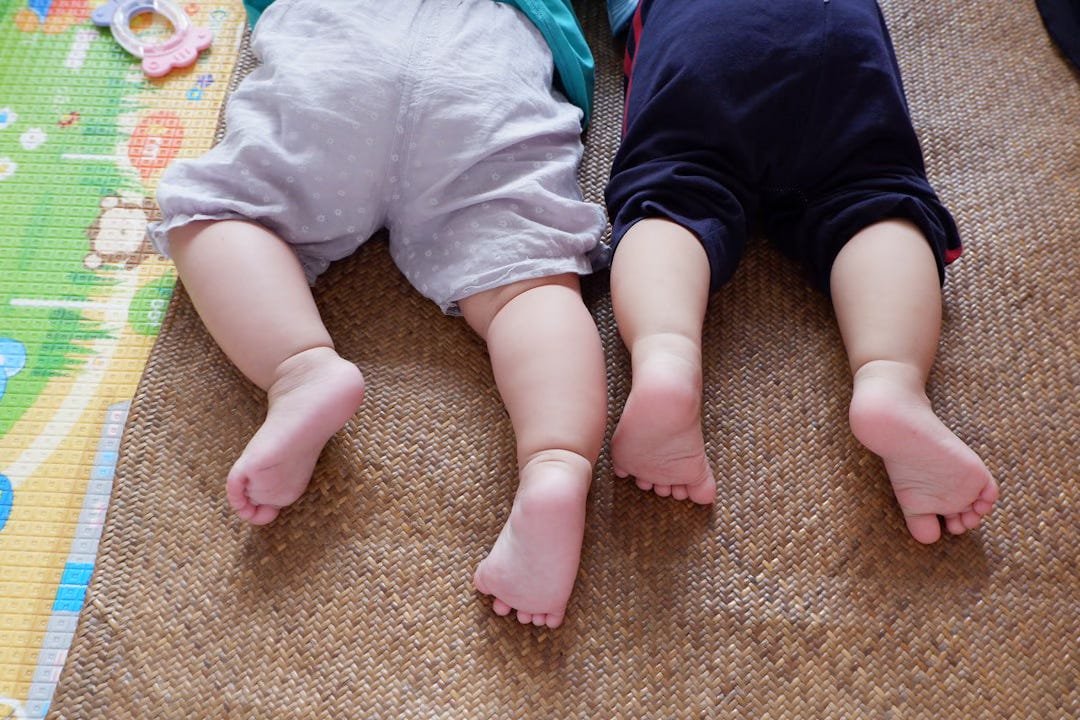
Kyiv’s intelligence indicates that there are at least 155 Chinese citizens fighting for Russia in Ukraine, said President Volodymyr Zelensky today, two days on from his first official allegation that Beijing is supplying Russia with manpower.
On Tuesday, Zelensky announced that Ukrainian troops had fought six Chinese soldiers on the battlefield in the eastern Donetsk region, and taken two of them as prisoners.
Russia is yet to comment on the development while Beijing has insisted the Ukrainian president’s claims are baseless. “China is neither the creator nor a party to the Ukrainian crisis. We are a staunch supporter and active promoter of the peaceful resolution of the crisis,” said foreign ministry spokesman Lin Jian.
What’s going on here?
First, a quick reminder of China’s stance on the war.
Beijing has maintained a “neutral” stance officially, even floating its own peace deal to resolve the war.
Though Kyiv’s allies have in the past questioned this declared neutrality, accusing Xi of tacitly supporting Putin. China is certainly more than happy to keep feeding Putin’s war machine by buying up cheap Russian energy and Zelensky has previously accused China of supply Russia with military equipment too – something Beijing denies doing.
So, do we have another North Korean situation on our hands?
Probably not.
Unlike with Pyongyang, there is nothing so far to suggest that any Chinese individuals fighting in Ukraine have been deployed on a state-sponsored mission.
Meaning Beijing may well be telling the truth when it insists that any of its nationals fighting for Russia are doing so in their own private capacity.
Russia is known to have recruited mercenaries from around the world, luring them in with generous cash incentives – an estimated 5,000 Cubans, for instance, are thought to be in Ukraine fighting for Russia too.
Though Kyiv may be right that Beijing is turning a blind eye to Russia’s recruitment of Chinese citizens. According to Zelensky, Moscow is recruiting them via social media – as “Beijing knows” – then training them in Moscow before sending them out to the battlefield in Ukraine.
News of Chinese soldiers in Ukraine is not the only significant development today. The head of Britain’s armed forces Admiral Sir Tony Radakin’s made a trip to Beijing, it was revealed by The Times.
This is the first trip by a UK CDS (chief of the defence staff) in a decade – ie since the long-gone “golden era” of Sino-British relations – and, according to China’s defence ministry, Radakin is there to discuss “strengthening military co-operation” with Beijing.
Of course, a handful of Chinese soldiers in Ukraine is certainly not the biggest threat facing Kyiv right now.
Far more alarming are the reports that Moscow is positioning more than 67,000 troops at Ukraine’s northern border in anticipation of a major invasion of the city of Sumy.
President Volodymyr Zelensky warns that Moscow is amassing forces for a fresh offensive against the Kharkiv and Sumy oblasts this spring, to which his Commander-in-Chief Oleksandr Syrskyi has added: “I can say that the president is absolutely right, and this offensive has effectively already begun”.
Moscow’s major new offensive is an attempt to strengthen its hand ahead of any potential peace negotiations.
While Trump has sought to broker a ceasefire in Ukraine, Moscow has rejected the 30-day truce agreed upon by Washington and Kyiv, and the world has since been somewhat distracted by Trump’s various other forays into world affairs, as he subsequently sought to tear down the global economic order.
Against this backdrop, Zelensky has every reason to wish to highlight the capture of Chinese citizens on the battlefield in Ukraine. It is certainly one way to catch the US President’s attention.
Caitlin Allen
Deputy Editor
Maggie Pagano
Why the bond vigilantes forced Trump’s 90-day pause

READ HERE
Gerald Warner
Trump must deliver a concrete, not a cosmetic, deal with Iran

READ HERE
Geeta Nargund
We can only solve our population crisis with family-friendly policies

READ HERE
Tariff update – The US stock market has fallen sharply again today and, despite yesterday’s gains, is still below where it was pre-tariffs. Amazon and Apple were down 7% on Wall Street at one point. Meanwhile, the EU confirmed it is putting its retaliatory tariffs against the US on hold in light of Trump’s announcement last night that he is pausing tariff hikes for 90 days, instead imposing a universal 10% levy for all countries bar China.
Sizewell C gets the go ahead – Keir Starmer has formally approved the construction of the Sizewell C nuclear power station. Once built in 2035, the plant is expected to provide 7 per cent of Britain’s energy, at a cost of £20 billion.
Ballerina freed in US-Russia prison swap – Ksenia Karelina, a Russian-American ballerina and Los Angeles resident who was found guilty of treason by Moscow for donating money to a US-based charity providing humanitarian support to Ukraine, is on her way back to the US. She was released from Russian prison in exchange for Arthur Petrov, a dual German-Russian citizen who was arrested in Cyprus in 2023 and accused of illegally exporting microelectronics for the Russian military.
Sudan accuses UAE of “complicity in genocide” – The International Court of Justice (ICJ) is hearing a case brought by Sudan, in which it is accusing the United Arab Emirates (UAE) of being “complicit in the genocide” during the current civil war. The two-year conflict, which has pitted Sudan’s army against the paramilitary Rapid Support Forces, has led to tens of thousands of deaths and forced more than 12 million from their homes.
-
China is ready for battle. UnHerd asks: Could Trump lose the taiffs game?
-
The Atlantic deep dives into El Salvador’s prisons.
-
With new discoveries in the climate crisis, should we give up on recycling pastic entirely? New Scientist.
-
War on The Rocks gives insight to Erdogan’s last great gamble.
-
Canada cannot escape geopolitics. Engelsberg Ideas explores the hard realities that Canada is facing.
